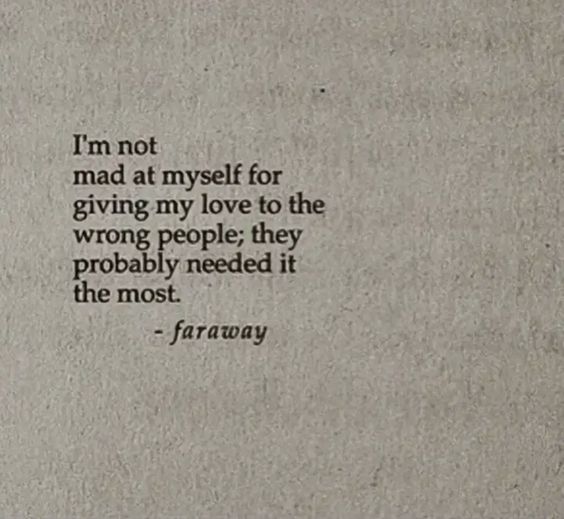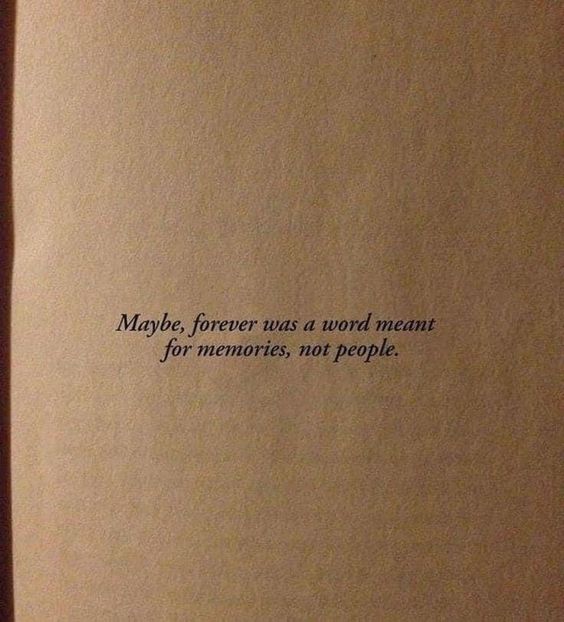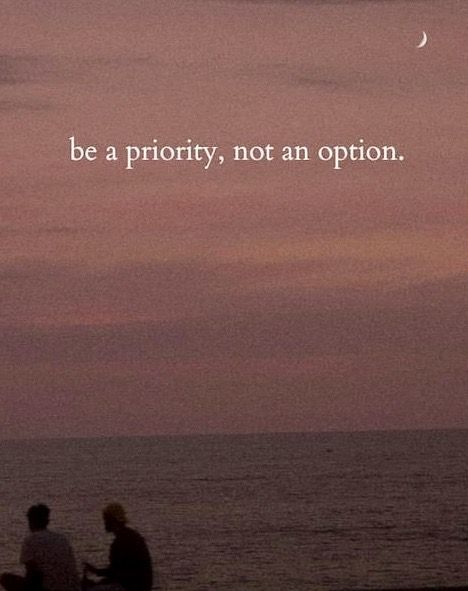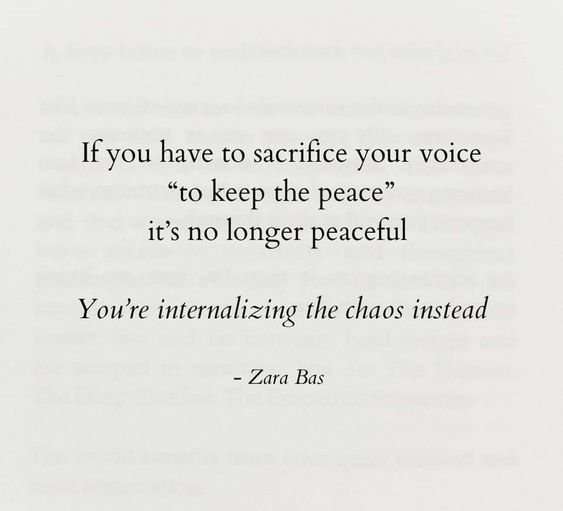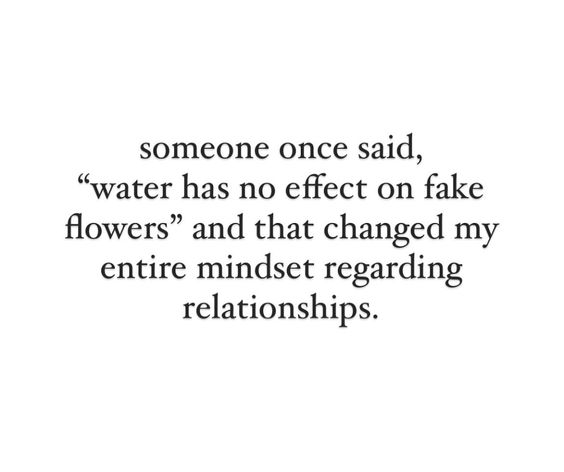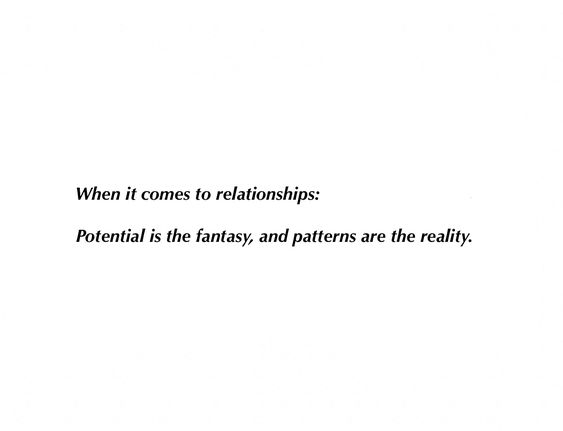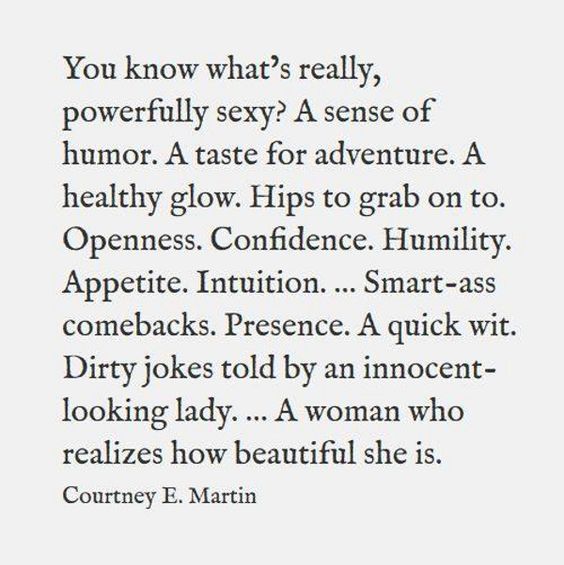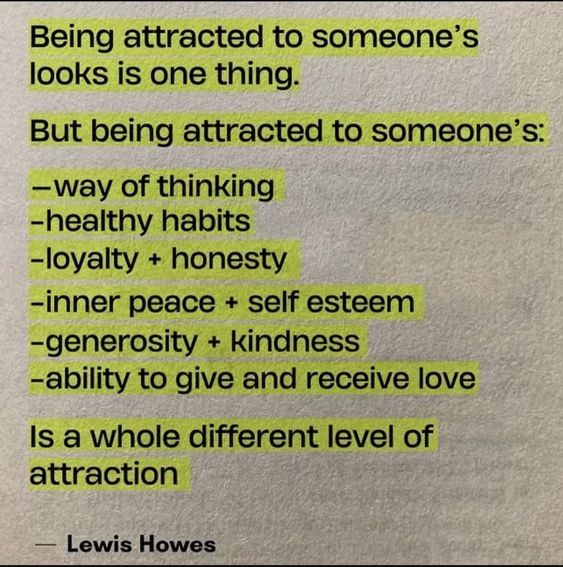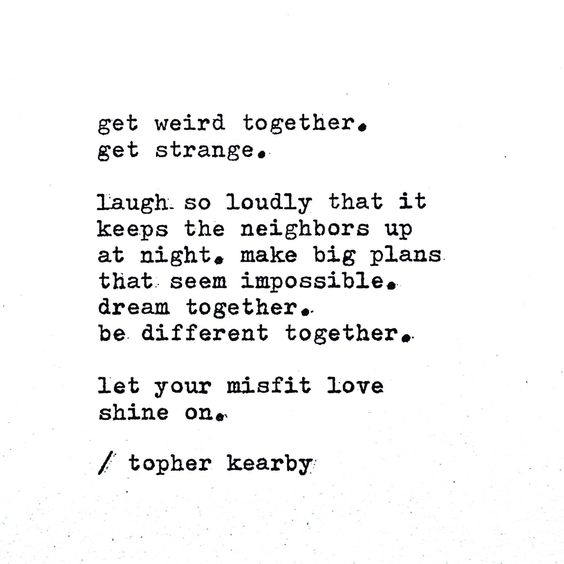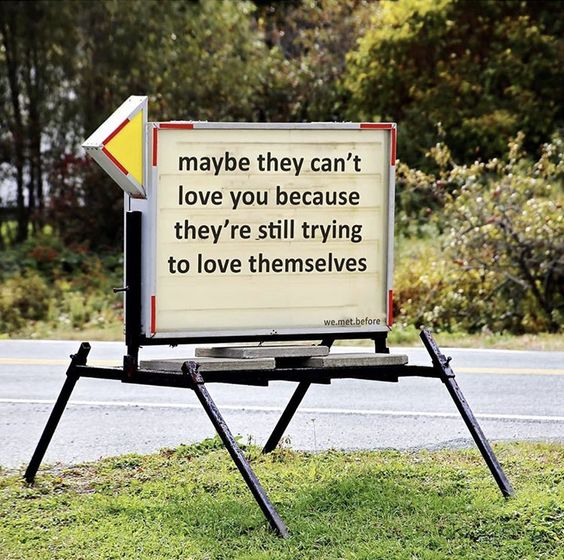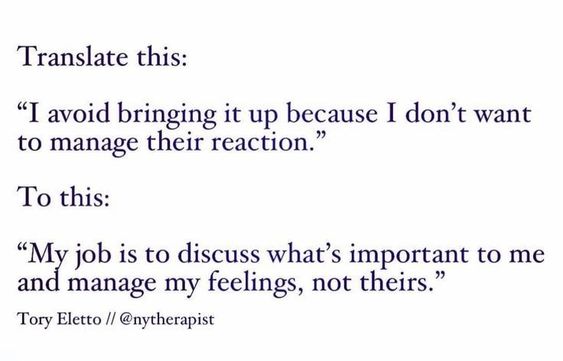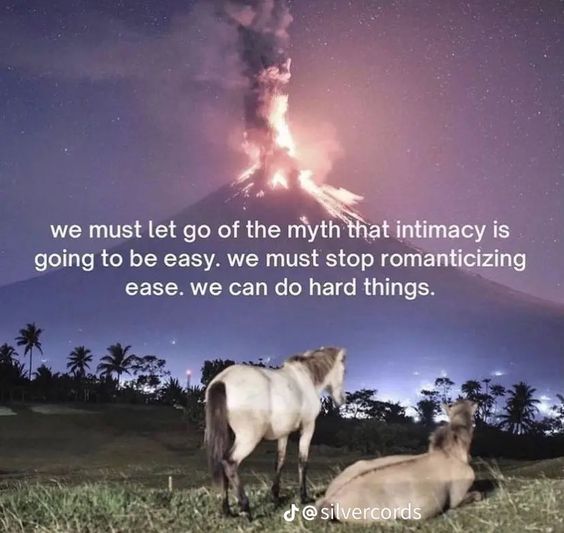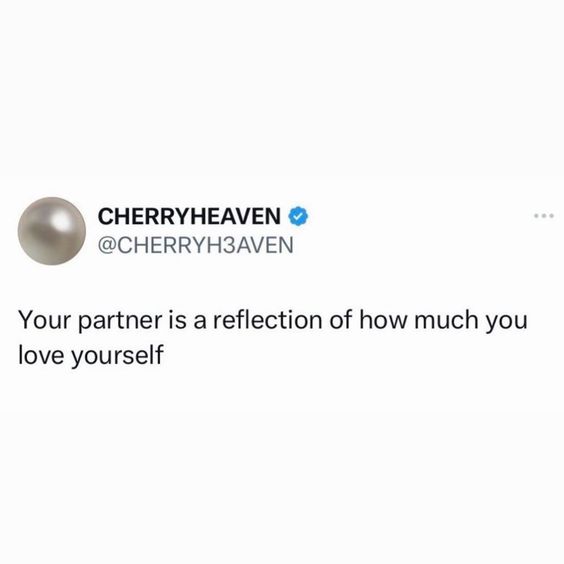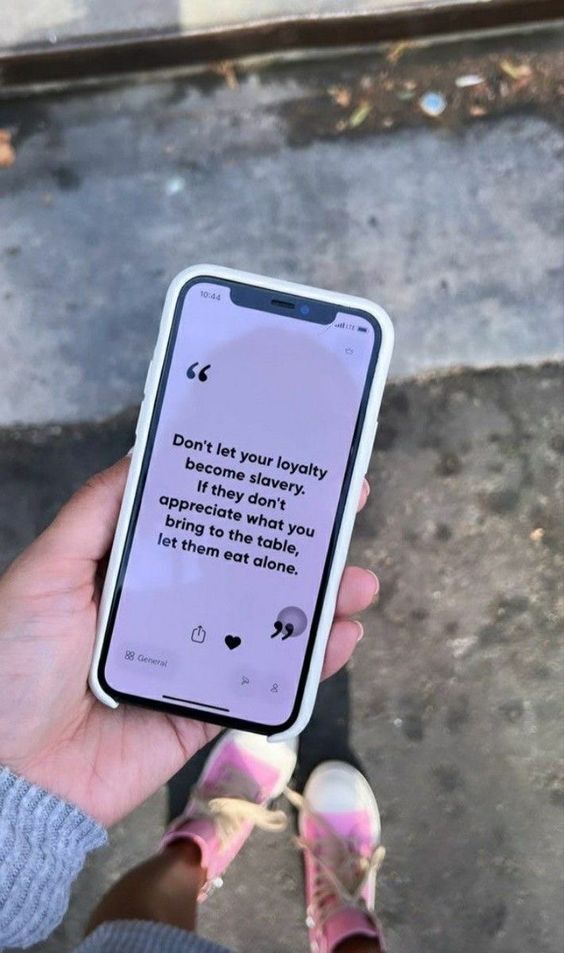“She had known three types of silence in relationships. There was passive-aggressive silence, obviously, there was the we-no-longer-have-anything-to-say silence, and then there was the silence that Eduardo and she seemed to have cultivated. The silence of not needing to talk. Of just being together, of together-being. The way you could be happily silent with yourself.”
Matt Haig, The Midnight Library (Page 210)
“Never trust someone who is willingly rude to low-paid service staff.”
Matt Haig, The Midnight Library (Page 204)
“Always find new ways and means to relate with a person, new situations. Never get into a routine. Then the relationship is always flowing. There are always surprises; it is good to surprise and to be surprised by the other; then the relationship is never dead.”
Osho, Everyday Osho (Page 194)
“She wondered if her parents had ever been in love or if they had got married because marriage was something you did at the appropriate time with the nearest available person. A game where you grabbed the first person you could find when the music stopped. She had never wanted to play that game.”
Matt Haig, The Midnight Library (Page 36)
“Miscommunication between two people is incredibly common because every time someone speaks they are translating their feelings into words, and then the other person has to interpret those words through the filter of their own current feelings and past emotional history. Since we are communicating through filters of perception, it takes a certain degree of calmness and emotional maturity between two people to ask each other, ‘What do you mean by this?’ or ‘Can you tell me more?’ to really understand what is being said. Communication without patience is likely to turn into conflict. Communication with patience is likely to lead to deeper connection.”
Yung Pueblo
“Once the honeymoon is over and you put down your masks, and the reality is revealed, then what will you share? You will share that which you have. If anger, then anger, if possessiveness, then possessiveness. Then there is fighting and conflict and struggle, and each tries to dominate the other. Meditation will give you something you can share. Meditation will give you the quality, the energy that can become love when you are relat[ing] to somebody.”
Osho, Everyday Osho (Page 172)
